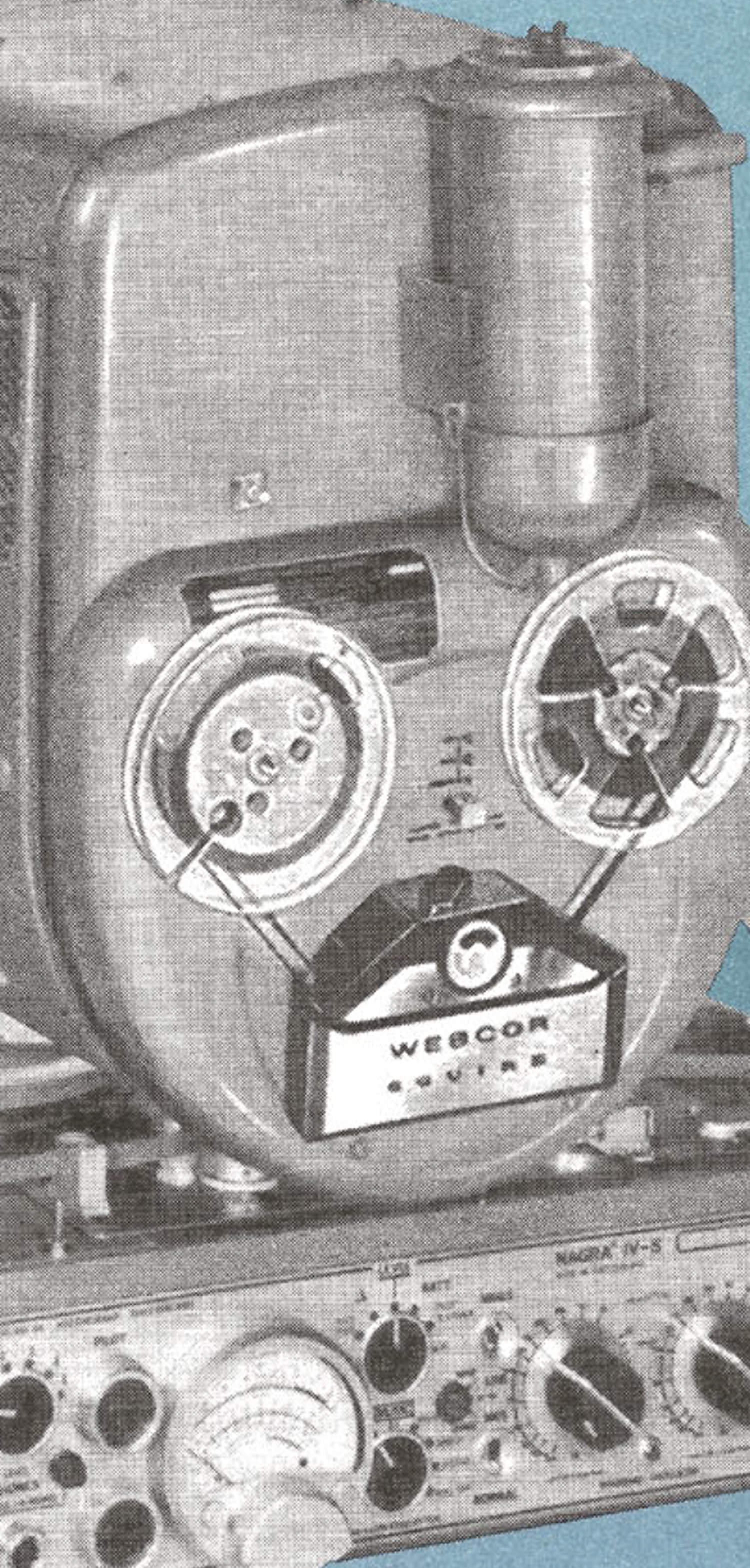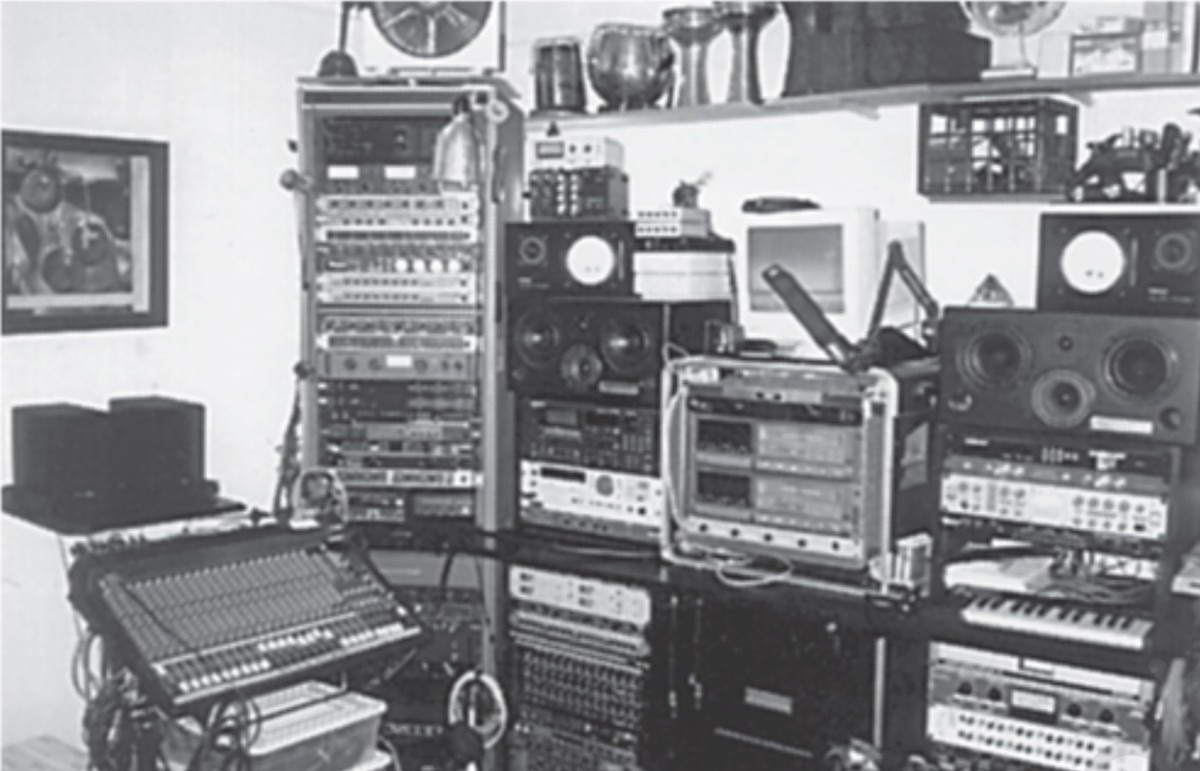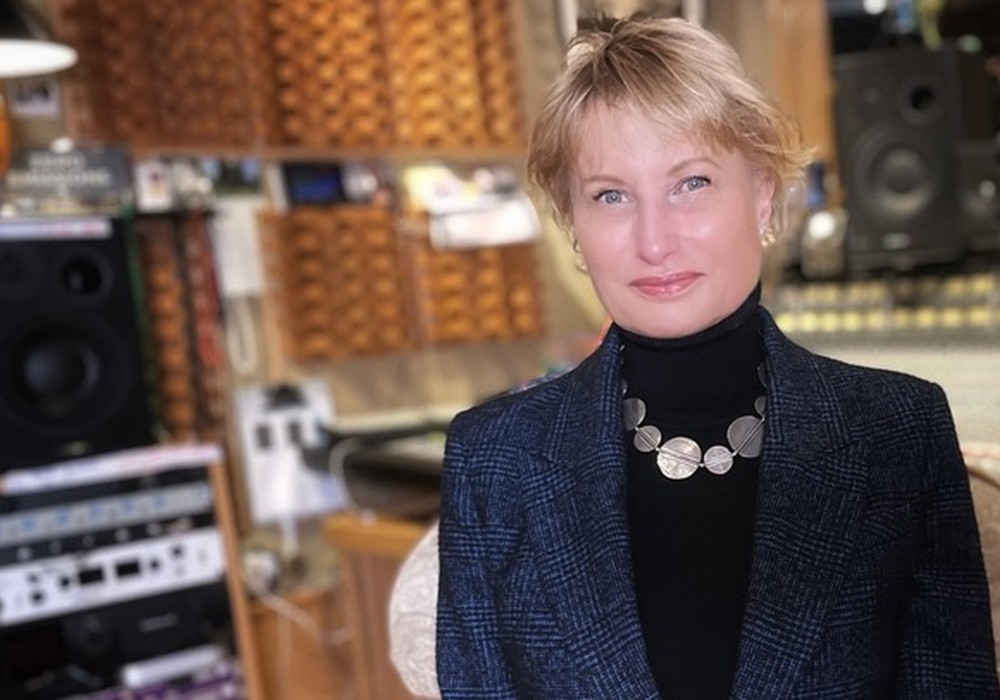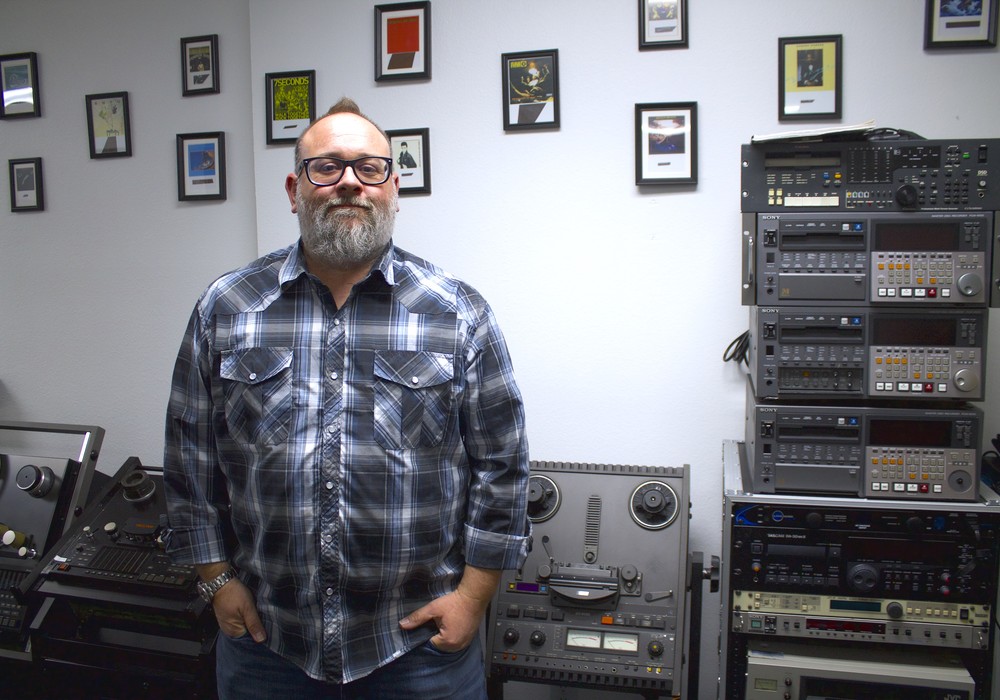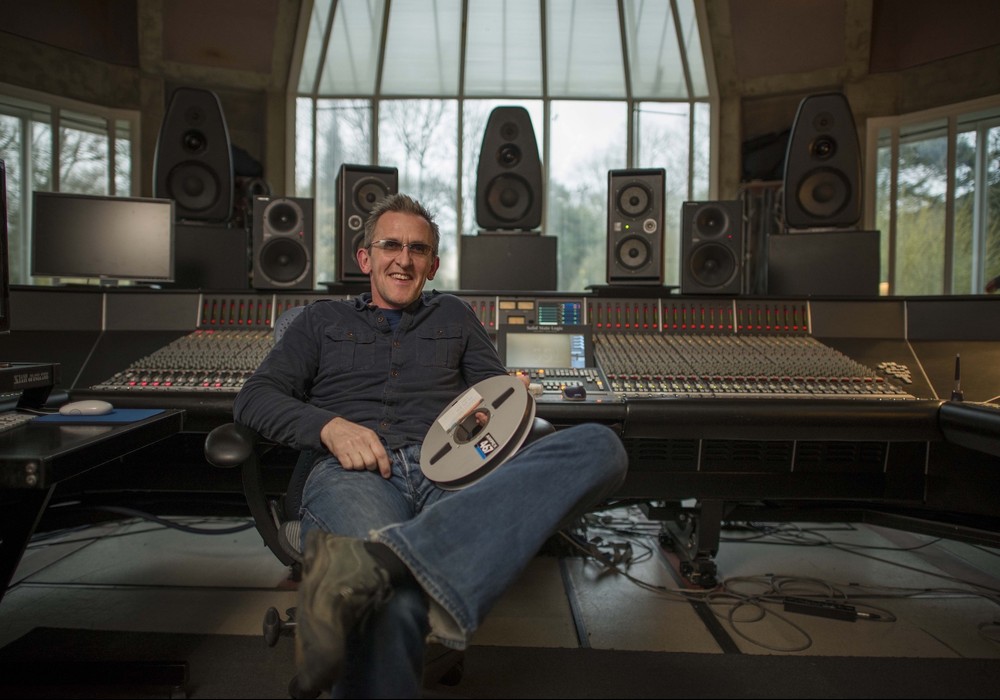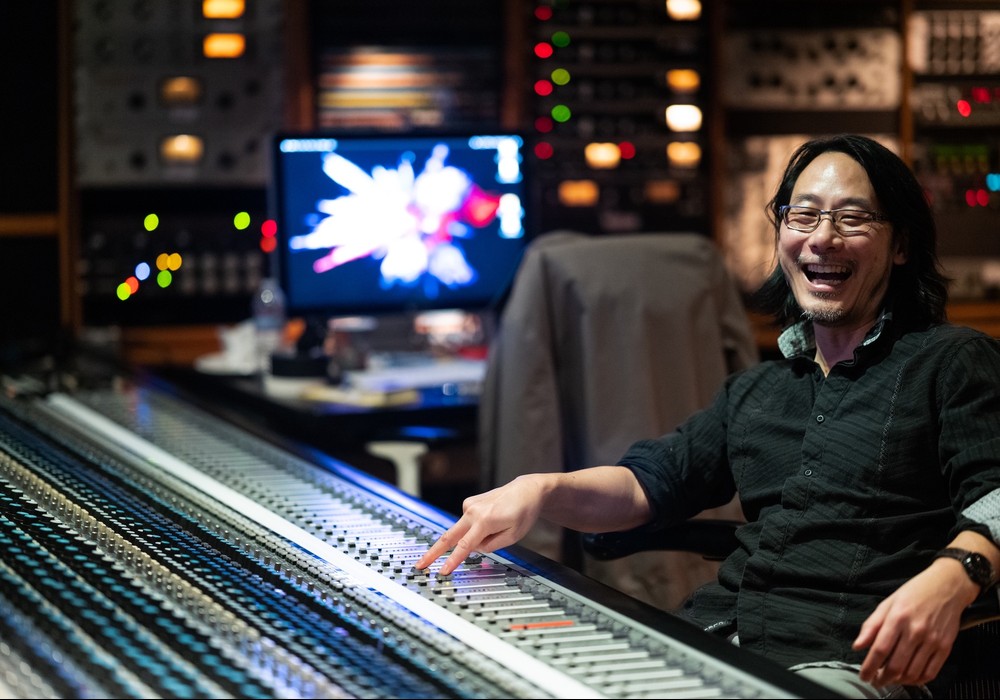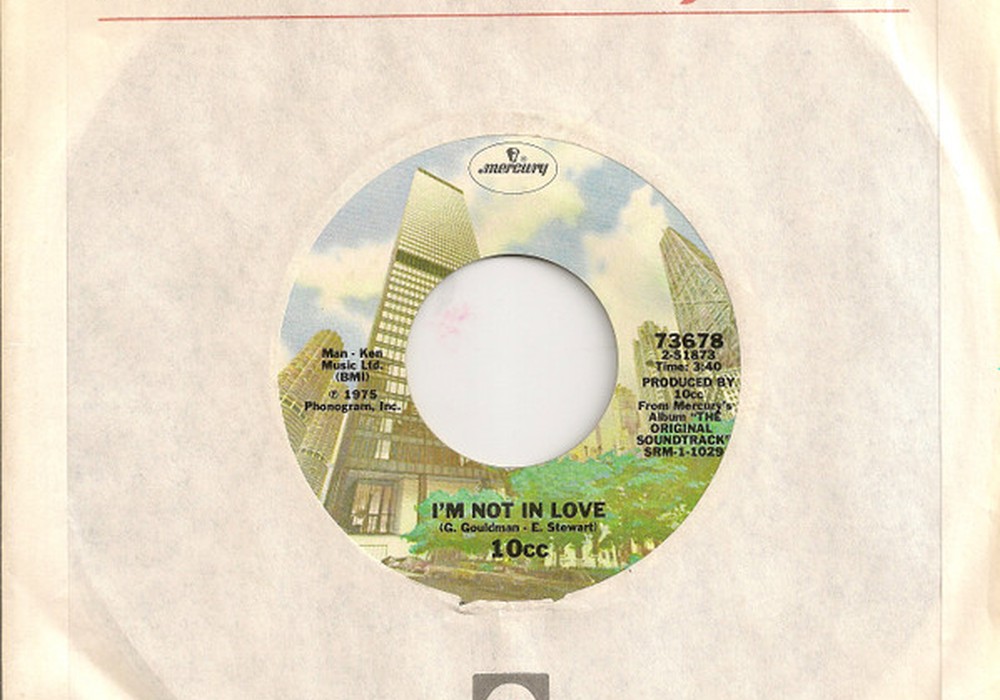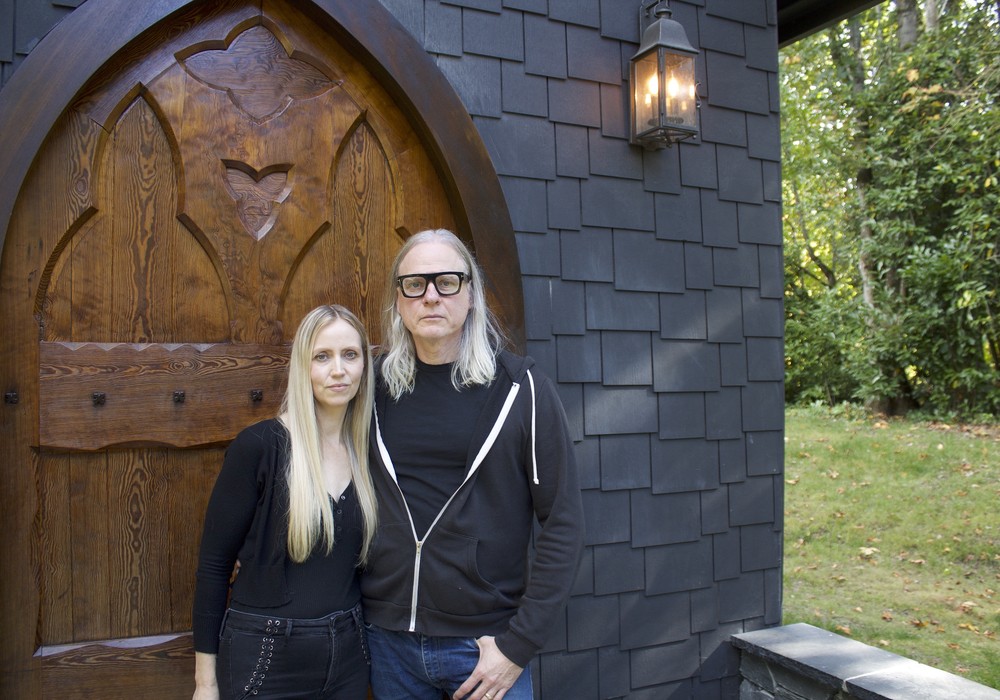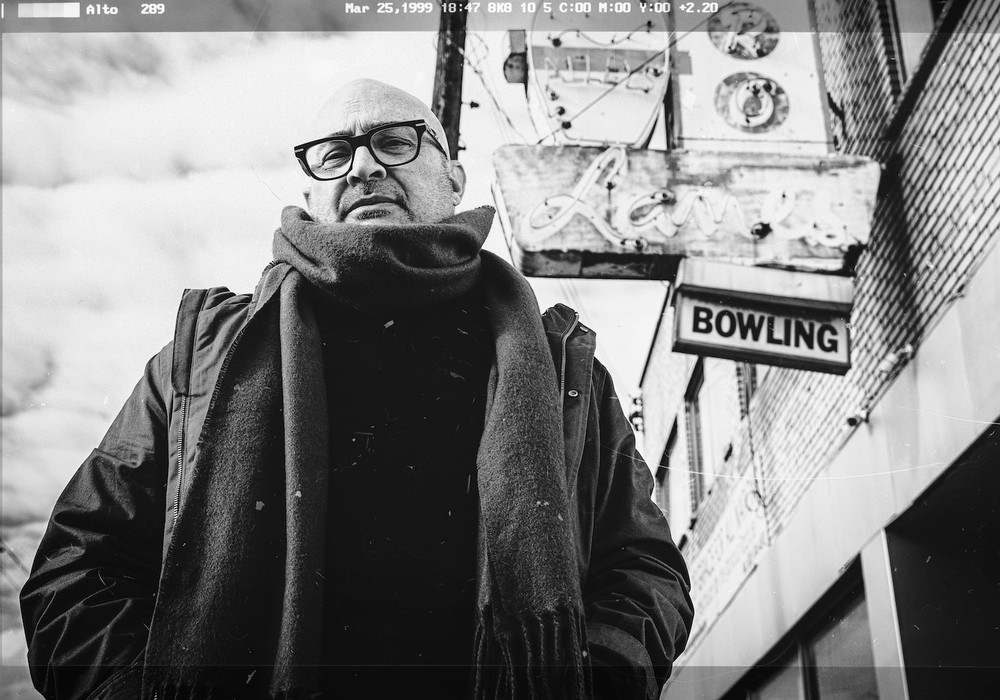I briefly met Robert Poss back in the fall of 1993 when Band Of Susans performed in Bratislava at the U Club, an amazing underground bunker that had once been used as a bomb shelter by the local Slovak powers. I next caught up with him in the fall of 1996, at a Lincoln Center performance of works by Nicolas Collins and Alvin Lucier. My first impressions were that this was a guy both whip smart and off the wall. He skated saucily through life's mires, taking jovial punches at politics (sexual and otherwise), the state of music appreciation and depreciation, and the pitfalls of what he likes to call showbiz. At that time, Robert was threatening to leave music for a career with the U.S. Postal Service. (Glad he didn't make that choice!) It became clear that underneath the unpretentious, playful chat, this was a guy who really knew music. Getting to know Robert could not happen without also getting to know his music. Robert began playing electric bass as a young lad of 12 and soon drifted over to blues/rock guitar, continuing through college (at Wesleyan). He was in some blues bands early on, and later embraced the punk and post-punk aesthetic in bands like Tot Rocket and Western Eyes. He then cofounded Band of Susans, an influential art-rock/guitar wall band that cut its teeth in the mid '80's. Although outnumbered by splendiferous Susans in the band, Robert was the driving force of the guitar-writing, with other cofounder Susan Stenger sharing the singing, songwriting, and the all-over sound and fury of the band. Band of Susans developed quite a name for themselves, and put records out on such labels as Blast First, Rough Trade Germany and Restless. Disbanding due to basic life stuff, Susan and Robert continue to collaborate on projects both here in NYC and in England. Robert Poss' interest in recording goes way back into his teens growing up, and through the days with BOS. Gleaning techniques from various engineers with whom BOS worked during the '80's, Robert learned what he liked and what he didn't like. He produced all of Band Of Susans releases except for their Peel Sessions. In 1995, he started acquiring gear for serious home recording. Since then, the obsession and fascination with recording has grown as has his studio and its potential: Robert has begun recording various indie bands (Nickel Hex, Combine, the Croutons, Skulpey, Tone), and recently teamed with ex-BOS member Page Hamilton [Helmet] to do a major label remix for the infamous Skeleton Key. Poss has been impressing audiences with his live solo shows . He is working on a variety of new material, embracing his own brand of electronica, fractured rock and densely textured guitar minimalism.
During the years you've been in bands you have been constantly busy playing, touring and recording. Recently, you had a solo-guitar performance at the Cooler, which blasted my socks off. What else have you been up to over the past 2+ years?
In 1996 I spent quite a bit of time in The Netherlands, working on solo guitar and electronics material in Amsterdam at the STEIM music think-tank, performing a few solo shows, working with Nicolas Collins, and also working in an ensemble with composer David Dramm. David, myself, and two wonderful Dutch percussionists had a residency in Utrecht, working on David's song cycle, "All Lit Up." I did the live electronic processing--with distortion, resonant filters, various kinds of delays. I did things like put heavily gated contact mics on the vibes and hi hats, and run them through heavy distortion, or have them key-trigger gates on other instruments. I got a great deal of use out of my Peavey Spectrum Analog Filter. In the fall of 1996 I went to London and performed at the South Bank Centre as part of The Brood--a group comprised of Susan Stenger (from Band Of Susans), Justine Frischmann from Elastica, Sonic Boom from Spaceman Three, Robert Grey [Gotobed] from Wire, and me. We performed pieces by LaMonte Young, Phill Niblock and Rhys Chatham. Panasonic also performed; they're really fine. BOS did a cool show with them at the Knitting Factory in '95. The Aphex Twin, Bruce Gilbert (from Wire) and Caspar Brontzmann/F.M. Enheit were also on the bill. In 1996, Susan Stenger, Bruce Gilbert and I also performed in London and Manchester as a trio, so-called GilbertPossStenger. I had a solo show at Roulette in 1997, and did some record engineering/producing: Tone (for Dischord/Independent Project), Seth Josel (for O.O. Disk), local bands The Negatones, and Nickel Hex, another called Mold, and Skulpey. Several months ago I did a remix in my home studio of a Skeleton Key song with Page Hamilton. That was cool, because we ended up working with only 8 tracks out of a 48 (two slaved 2-inches), and I did things like run the percussion track through a Rat and a Dunlop tremolo pedal, and looping one measure of the bass guitar track on the hard drive and running it through two cascading digital delays--a Korg SDD-2000 and the ultra wacky Ursa Major MSP-126--to make a rhythmic overlay. We did that remix on my Akai DR4d's. I guess I also worked a bit with composer Phill Niblock--recording Jim O'Rourke and David First for him--and performed his guitar piece a number of times. The rest of the time I've been getting my home studio together and doing day job work (I do location video sound for television, mostly for the BBC). The thing I'm just finally getting to now is recording some new material on my own. I've been in foreplay mode on that for almost three years, it seems. I just hope I won't hate myself in the morning.
You really seek the cutting edge in the equipment aspect of studio recording, obviously committed to constantly improving your studio's production capacity. As you have tried out tons of different models, what are some pieces of outboard effectry that you have found less satisfying than their reputation would have them seem?
Some of the real low budget stuff that is cheap, you expect it to be halfway decent, but it is absolute crap. I put the Alesis 3630 compressor in this category, as well as some of the current cheaper DBX stuff. Yuck! For under $200, you can go out and buy an RN1773 (the Really Nice Compressor) from a guy in Texas, I have two of them, and you get an astonishing good piece of gear. There are times when the RNC sounds better on a given instrument or pair of tracks than my Joe Meek optical compressor which is a unit that costs ten times as much. The AKG C3000 microphone has been a disappointment to me. I used it one night on my guitar amp in Germany in '95, and was very impressed. I bought one when they became available in the U.S. and haven't ended up using...
